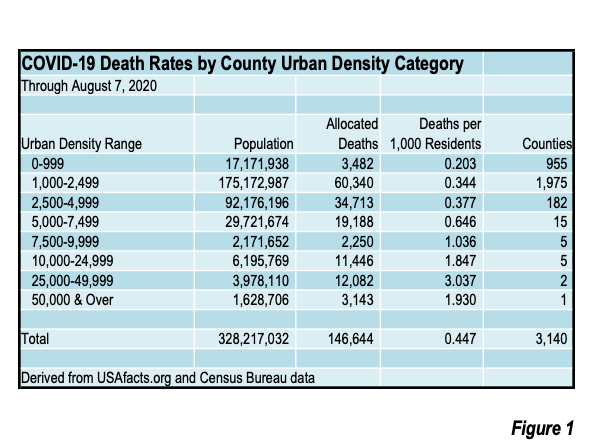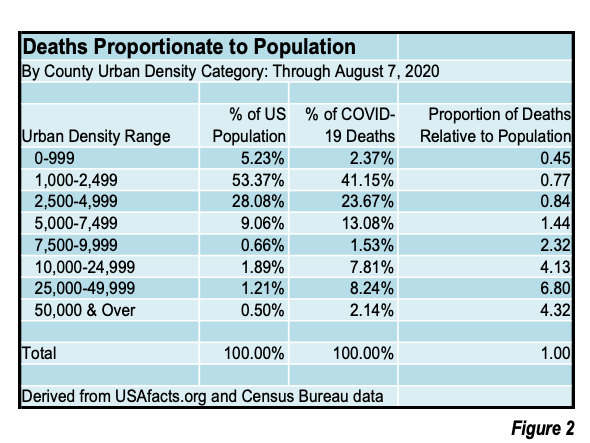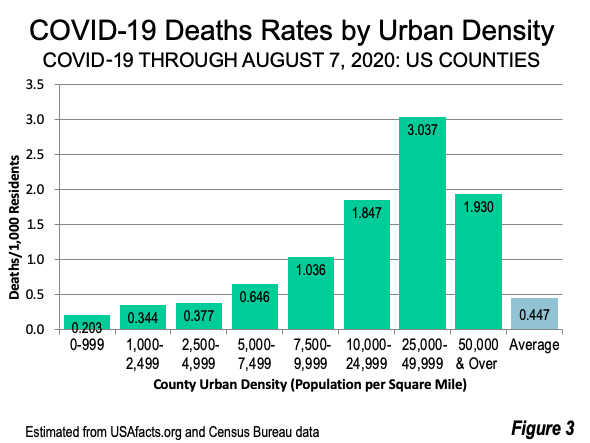In this episode of the Feudal Future podcast, hosts Joel Kotkin and Marshall Toplansky are joined by guests Jim Young and Kirstie Acevedo of Gensler, the largest design and architecture firm in the world. Their conversation covers the future trends and needs of office spaces and what kinds of issues employers are facing in our current world. They begin by discussing how wide-spread the redesigning of workspaces is as folks return to their offices. Jim explains that what companies are looking for the most in these times is flexibility. No one knows what tomorrow may bring, so agility and the willingness to try new things is paramount. Kirstie explains that Gensler bases their design on the science and needs of the client at all times, especially as the desire for safety takes top priority.
Many employees, even at Gensler are making the move to work from home; Jim and Kirstie believe that post-pandemic the workplace will evolve into a place to meet. Employees can come together to collaborate in offices, but continue working from home with increased regularity. Jim explains that they’re not seeing a move away from open collaborative office spaces, but rather a new focus on how to make those environments safer for everyone at work. They’re trying to balance the needs of social distancing alongside the decreased need for people to work 100% of their work time at work.
The episode wraps up with Jim and Kirstie sharing some of the ways offices are planning to reopen, including outdoor spaces, home offices, and digitally immersive workspaces. Kirstie emphasizes the shift towards a local mindset and how office communities can be part of buying, living, and creating locally. Jim expresses an optimism for the future, and what can be created in adversity and unknown times.
Watch Episode on YouTube
Related links:
Learn more about the Feudal Future podcast.
Learn more about Marshall Toplansky.
Learn more about Joel Kotkin.
Learn about Gensler.
Learn more about Kirstie Acevedo.
Learn more about Jim Young.
Join the Beyond Feudalism Facebook group.
Read the Beyond Feudalism report.
Leran about Joel's book, The Coming of Neo-Feudalism.















